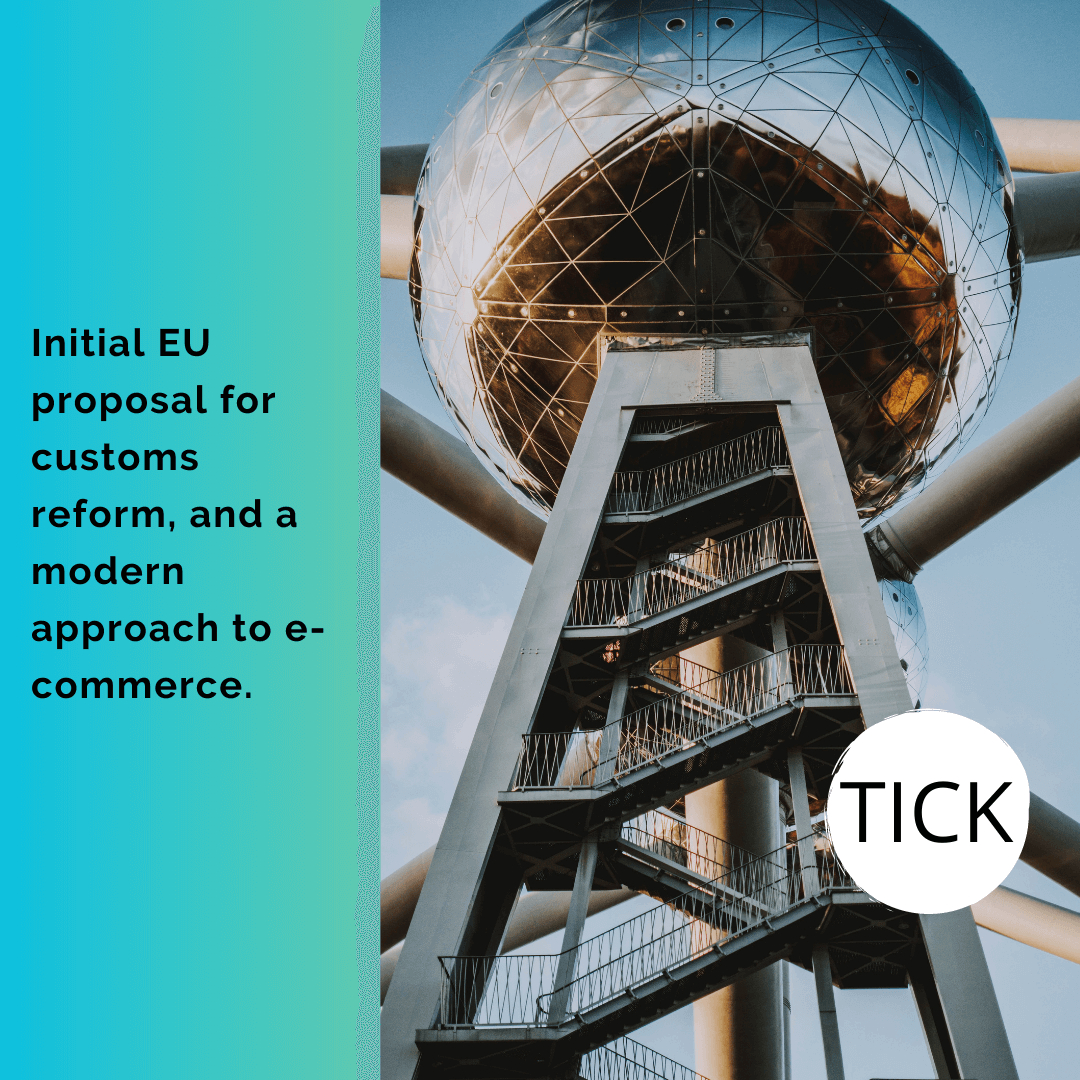The European Commission has presented proposals for the most ambitious and comprehensive reform of the EU’s customs union since its creation in 1968. The changes are to be introduced gradually from 2028.The proposed measures will greatly simplify customs processes for businesses, especially for the most trustworthy traders. A reform that takes digital transformation into account will reduce burdensome customs procedures, replacing traditional declarations with a smarter, data-driven approach to import surveillance.At the same time, customs authorities will have the tools and resources necessary to properly assess and stop imports that pose a real threat to the EU, its citizens and the economy. The reform responds to the current pressures on EU customs, including the huge increase in trade, especially e-commerce, the rapidly increasing number of EU standards that need to be checked at the border, and changing geopolitical realities and crises.The reform simplifies and rationalizes customs reporting requirements for economic operators, for example by reducing the time needed to complete import processes, providing a single EU interface and facilitating data re-use. In doing so, it helps to achieve President Ursula von der Leyen’s goal of reducing such burdens by 25%, without undermining the related policy objectives.The new EU Customs Authority will oversee the EU Customs Data Centre, which will act as the driving force behind the new system. Over time, the Data Hub will replace the existing IT infrastructure for customs in EU Member States, saving up to €2 billion a year in operational costs. The new Office will also improve the EU’s approach to risk management and customs controls.Businesses wishing to import goods into the EU will be able to register all information about their products and supply chains in the new EU Customs Data Centre. The system will compile business-provided data and – through machine learning, artificial intelligence and human intervention – provide authorities with a 360-degree view of supply chains and the flow of goods.Artificial intelligence will be used to analyze and monitor data and anticipate problems before goods travel to the EU. This will allow EU customs authorities to concentrate their efforts and resources where they are most needed: to prevent dangerous or illegal goods from entering the Union and to maintain the growing number of EU rules that prohibit certain goods that are contrary to common EU values – for example in the field of climate change, deforestation, forced labour, to name just a few. It will also help ensure the proper collection of duties and taxes, to the benefit of national and EU budgets.To help Member States prioritize relevant risks and coordinate their controls and inspections, especially in times of crisis, information and expertise will be collected and assessed at EU level through a new EU customs authority that operates on the basis of data provided through EU Customs Data Center.The reform removes the current threshold whereby goods worth less than €150 are exempt from duty, which is heavily used by fraudsters. Up to 65% of such parcels entering the EU are now discounted to avoid import duties. The reform also simplifies the calculation of customs duties for the most common low-value goods purchased from outside the EU, reducing the number of thousands of possible categories of customs duties to just four. This will make it much easier to calculate customs duties for small packages, helping both platforms and customs to better manage the billion e-commerce purchases entering the EU each year. It will also remove the possibility of fraud. The new tailor-made e-commerce system is expected to generate additional €1 billion in customs revenue per year.Where business processes and supply chains are completely transparent, the most trusted traders (“Trust and Check” traders) will be able to put their goods on the EU market without any active customs intervention.Under the proposals, the data center will open to e-commerce shipments in 2028 and then (on a voluntary basis) to other importers in 2032. A review in 2035 will assess whether this possibility can be extended to all traders once the data center will become mandatory from 2038.The system has the support of trade and business associations that represent European customs agents and shippers, says the World Shipping Council. This includes the express delivery industry, US companies operating in Europe, global and European shipping lines, European and international airlines, cargo owners, ship suppliers, manufacturers, retailers and wholesalers.The Coalition strongly agrees with the need to reorganize the EU customs system to better reflect the need to balance trade simplification and enforcement, to ensure a consistent and harmonized interpretation of rules across the EU, and to better equip it to meet today’s global challenges. It also states that the EU should ensure that the reform is fully compatible with WTO rules, in particular with the WTO Trade Facilitation Agreement.
The information contained in this document is general in nature and is not intended and should not be construed as legal, accounting or tax information or opinions provided to the reader by Tick EU Sp. z o. o. . The reader is also cautioned that this material may not be applicable or appropriate to the reader's particular circumstances or needs and may require consideration of non-tax and other tax factors if any action is contemplated. The reader should consult with their accountant or other tax professional before taking any action based on this information. Tick EU Sp. z o. o. has no obligation to inform the reader of any changes in tax laws or other factors that may affect the information contained herein.
Copyright © Tick EU Sp. z o. o.
All rights reserved. No part of this document may be reproduced, retransmitted or otherwise distributed in any form or by any means, electronic or mechanical, including photocopying, faxing, recording, re-keying or using any information storage and retrieval system , without the written consent of Tick EU Sp. z o. o.

